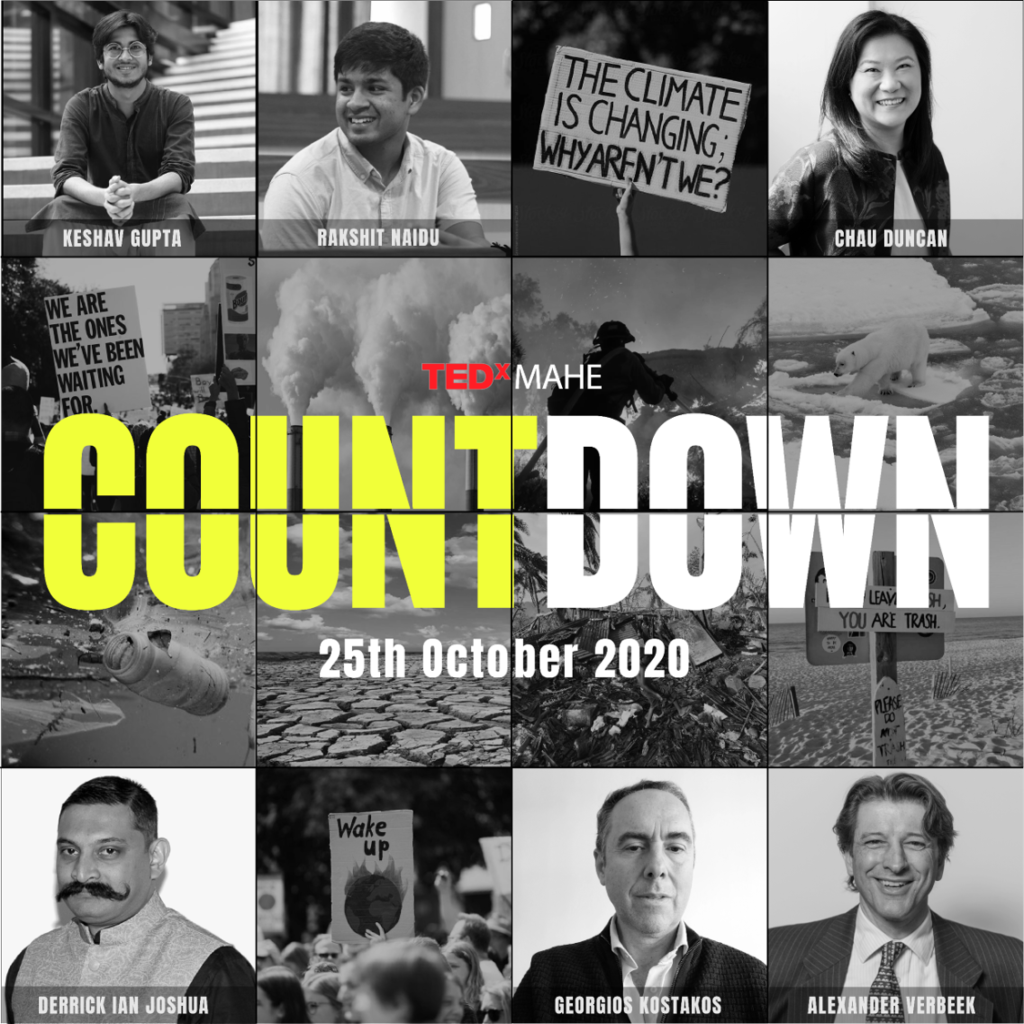
The Covid-19 pandemic brought with it obstacles unforeseen. This was the first edition of a global initiative undertaken by TED that introduces ideas, solutions, and implementations to combat climate change.
With news of natural calamities, increasing temperatures, and rising sea levels taking up the headlines, it is time for everyone to fight against the exhaustion of our planet’s gifts to humankind.
The event, held online over Airmeet, saw over 240 attendees. The stellar lineup included speakers from all over the globe, all with one goal — to inspire the next wave of leaders. Here is what the speakers had to say:
Alexander Verbeek
An incredible speaker, diplomat and World Fellow at Yale University, Mr Verbeek used the TEDx platform to draw the audience to humans’ tendency to fail to acknowledge all the signs that show us that the future is alarming.
He added that the human race is a speck of dust against the vast desert of the Universe. The frailty of our life when faced by the threat of climate change makes us deny the facts and doubt science. Throughout his talk, he motivated the audience by bringing out the fortitude of the human race. After all, holding an event like TedX online would have been unheard of a year ago. He put forth new ideas in a story-like manner allowing the audience to relate to his thoughts while also conveying the gravity of the situation that our world is in.
He stated that climate changes would hit us hard, starting with vulnerable people and vulnerable countries. Unfortunately, the ones who contributed the least to the problem are the ones who lose the most. He urged the audience to imagine the worst and to prepare for it. We are capable of countering climate change before we reach a point of no return.
MTTN asked Mr Verbeek what changes we could bring about in education systems around the world to stress the gravity of climate change. To answer our question, he first looked at the negative side of the schooling system, that focuses on topics that hold no creative and critical substance. We can fix this by allowing children to connect with nature, to help them appreciate it and become one with it. He said that the pandemic is helping kids who were previously engrossed with technology to detach and experience the beauty of the outdoors.
Derrick Ian Joshua
TEDxMAHE Countdown also saw someone close to home come in to speak about how MAHE is making campuses environmentally sustainable. The Assistant Director of Environmental Sustainability in the Department of General Services at MAHE, Mr Derrick Ian Joshua, shared with us the immense experience and knowledge he has gained in the field of environmental sustainability as an environment management professional.
Mr Joshua outlined his tried-and-tested approach to tackling environmental problems:
- Know more.
- Learn more.
- Research more.
- Consult with industry leaders.
- Apply them.
Mr Derrick found that the fun part was always the implementation. He described the unpredictability of the challenges thrown at him as “akin to a child’s tendency to suddenly throw tantrums for no reason.” He stressed on the fact that environmental science is not a straightforward field. Many variables could cause unexpected delays that may hinder progress. He said although the journey is not an easy one, at the end of the day, it is exciting and fulfilling.
He then detailed some of the measures taken towards achieving environmental sustainability in MAHE campuses over the past decade. He listed many, but here are some truly impressive ones:
- Wastewater reclamation: recycling more than 90% of the water consumed, for use in university gardens.
- Solar hot water systems occupy rooftops of all hostels to utilise solar energy efficiently.
- Meeting 60% of the university’s energy demand from green energy sources.
- Ensuring green transportation within the campus by use of 100% electric vehicles.
- Using exam pads to reduce paper consumption.
He acknowledged that even though these measures have been implemented throughout the past decade or so, environmental sustainability is a journey MAHE has just begun and that they still have a long way to go.
Keshav Gupta
Founder of ‘The Dais,’ Mr Keshav Gupta demystified climate action for us through his enlightening talk. He outlined the ‘head, heart, hands’ approach to climate action, which he picked up while volunteering all over the world. Through vivid examples and personal experiences, he built a viable path for anyone looking to contribute to climate action.
The ‘head, heart, hands’ Approach
Think from the head
- To be able to differentiate between what is and what appears.
- Develop the right knowledge while learning about climate crisis/action and always trust in climate science.
- Always know the problem, know the science, how it is happening, and who the stakeholders are before you go into any action.
- Don’t confuse modernity for advancement.
- Trust the indigenous communities and ancient knowledge.
Act from the heart
“Climate action is about the people. It’s the people who are the solution, it’s the people who are the victims, it’s the people who are affected, and it’s the people who are the hope always.”
He spoke about how we often confuse sustainability, passion, and compassion as the endpoints or goals. However, they are the starting points around which we should shape our climate action. He says no one can take climate action alone. Collaboration is the name of the game when it comes to climate action. He urges us to see value in our peers are doing and figure out how collaboration can get the best results out of everyone’s effort.
Work with the hands
- Know yourself, and know your skills.
- Use your skills in such a way that they align with climate action.
- Ensure that whatever you do, you do so in a sustainable manner.
- Use your hands to have an impact on yourself and your vicinity. Once you start changing yourself, others will follow suit without you having to persuade them.
- Once you solve the issues around you, global solutions will fall into place.
MTTN asked Keshav about his views on the current scenario of the laws set in India to decelerate environmental damage, and whether he thinks they are rigid enough.
Keshav answered that the laws represent the views of the electorate and if they seem unsatisfactory, it goes to show the ignorance on our part. He said that as citizens, we are concerned with growing our GDP, urbanising, and creating jobs, but, in the pursuit of all these, we seem to have forgotten our environment. This has led to lax laws. He stressed that constructive engagement with policy-makers is the only way in which we can bring about meaningful change.
Georgios Kostakos
Mr Kostakos is the co-founder of FOGGS (Foundation for Global Governance and Sustainability). He began his talk by underlining humanity’s ability to adapt and evolve in a way that lets them live a comfortable life despite which the world is still in shambles with prevailing wars, global hunger and inequalities.
He then moved on to introduce his belief that it is time for a “human software upgrade — A Homo Sapiens 2.0”. He questioned an intrigued audience, “What is wrong with the original version — Homo Sapiens 1.0?”
Mr Kostakos stated that humans have a proclivity to commit homicide and ecocide in their pursuit of profits. This makes the need to co-create a “Homo Sapiens 2.0” a pressing issue. This thought grabbed the attention of the audience, and the chatbox came alive with attendees impressed by the use of such a unique analogy.
He further enlightened the audience by introducing The FOGGS Grand Narrative and The FOGGS Hexalogue, a moral “source” code that has existed for millennia targeted at raising inclusive and fair globalisation.
A true visionary, Mr Kostakos kept the audience hooked and urged them to practice the moral code that gives birth to “Homo Sapiens 2.0”. With such intrepid statements, Mr Kostakos left the audience reflecting and illuminated.
We took the opportunity to ask Mr Kostakos his views on the importance of international ties in environmental degradation. He believes that international relations in the form of agreements and laws hold an essential place in global change. Just as important is the implementation of these ties. The member countries need to commit, and their citizens and institutions must live up to the common goals and deliverables.
Chau Duncan
A passionate speaker and the COO of Earthbanc, Ms Chau Duncan spoke at length about how depleting land and turning it into dirt for farming has come at a massive cost. She talked about the situation both in Australia and Karnataka. She drew interesting parallels between the two seemingly unrelated places. She attributed the pattern of drought followed by heavy raining and consequent flooding to the unsustainable farming practices in these areas. According to Ms Duncan, the solution lies in sustainable, regenerative farming. also known as ‘zero budget natural farming.’ She further explained how using regenerative practices draws down carbon and improves the earth’s ability to absorb rainfall, which is less likely to run off extensively along the surface.
“Regenerative finance restores life to soil and makes it a carbon-rich sponge. The landscapes that the communities farm become engines of economic growth rather than the barren, degraded lands that cause disastrous downstream flooding.”
Ms Duncan’s team has collectively restored over 20 million hectares of land in Asia-Pacific and Africa. Talking about how we as students can contribute, Ms Duncan says it could be as simple as just learning more about zero budget natural farming. Supporting businesses that practice zero budget natural farming goes a long way too. Budding engineers could help develop existing farming and water management practices. She reiterates that no action is too small.
At the end of her talk, MTTN had the chance to ask her how important she thinks community participation is to create a sustainable, regenerative future.
Ms Duncan made it clear that the community is always of utmost importance. The community needs to participate in the grassroots. Policy-makers need to involve these communities in their decision-making processes. She believes that community participation is essential in any sustainable, regenerative future.
Rakshit Naidu
A final year student pursuing undergrad in Computer Science and Engineering at Manipal Institute of Technology, Rakshit spoke about how Federated Learning can combat climate change.
Keeping in mind that not all the members in the audience are technologically adept, Rakshit introduced and elaborated the concept of Machine Learning (ML). He then used this to bring in the idea of Federated Learning (FL). This is where a global model is deployed that is then sent to the clients in the protocol. They then run locally on the client’s data. This allows the pre-existing global model to be updated and sent to the server. He also touched upon the advantages of FL over ML.
Rakshit then focused on why FL is suitable for climate change and also explained how FL could be incorporated into efforts to mitigate climate change. He also provided the audience with a view from the flip side of the coin by discussing the disadvantages of FL.
Although his talk could be appreciated more by those well-versed with technology, Rakshit’s speech nevertheless sparked an interest among those who believe technological advancements pave the way for a future safe from the adversity of climate change.
We asked Rakshit on his thoughts about big tech companies accessing our data. He clarified a misconception that may have existed by stating that companies don’t have direct access to any of their clients’ data and that they store an encrypted form of it.
The event was made seamless with the addition of Entertainment Breaks. Abhay Rajeev left the audience enthralled with his rendition of “Imagine” by John Lennon. The Showstoppers Crew also garnered cheers from the audience with their performance.
The organising team went the extra mile to allow interaction among the attendees. The inclusion of “Social Spaces” gave the audience the chance to learn the unknown about climate change. Each “table” at the Social Spaces was moderated by volunteers who got the audience engaged in games like Connect4, Choose your Fate and Trivia. The audience got an insight into startling statistics about the state of the planet, of the existing policies to combat climate change and calamities that warned of this issue.
TEDxMAHE Countdown was an important event given the state of the planet. It was inspiring, informative and indeed a wonderful event!
Written by Sabarish Padmakumar and Lekhya Reddy for MTTN
Edited by Naintara Singh for MTTN



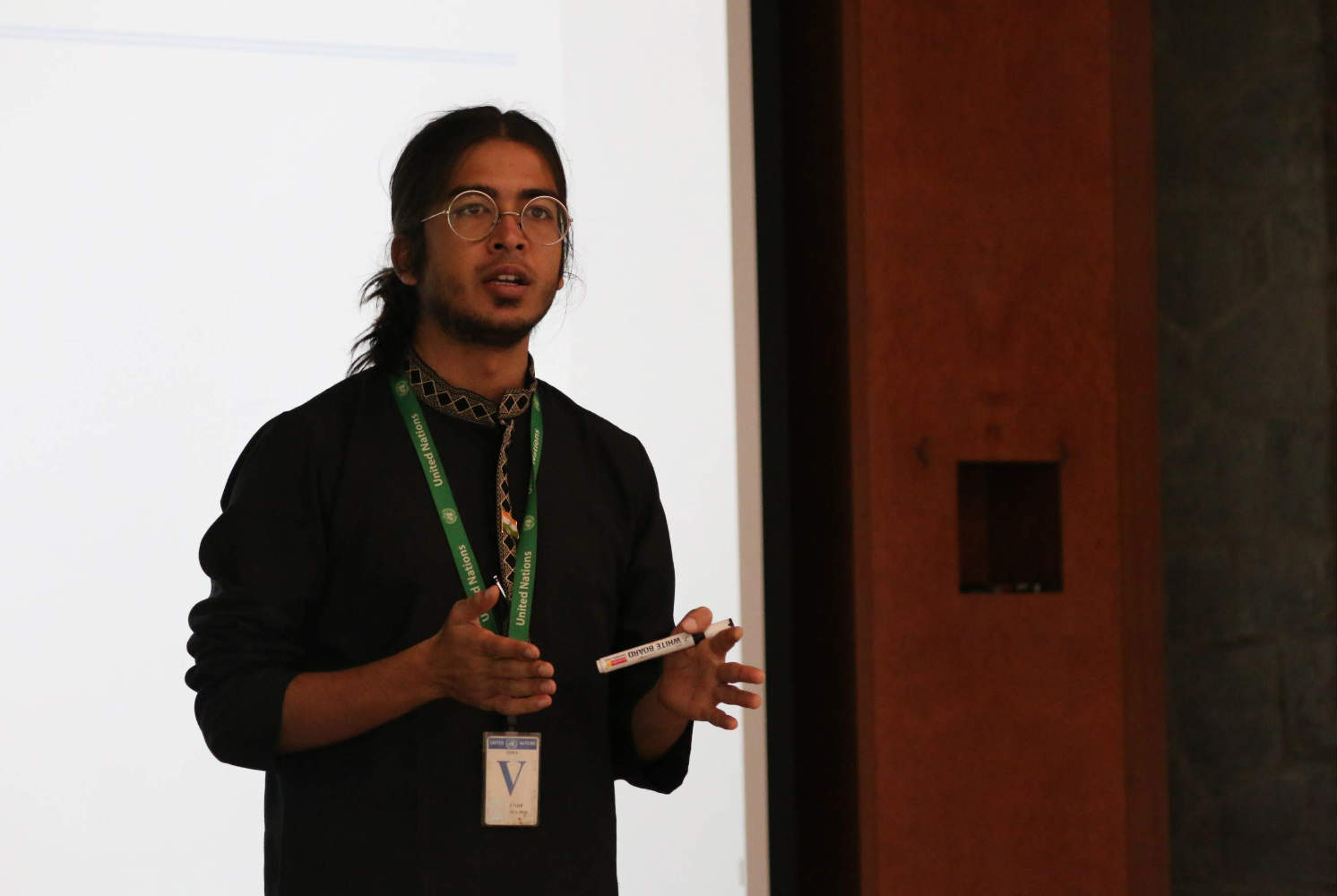
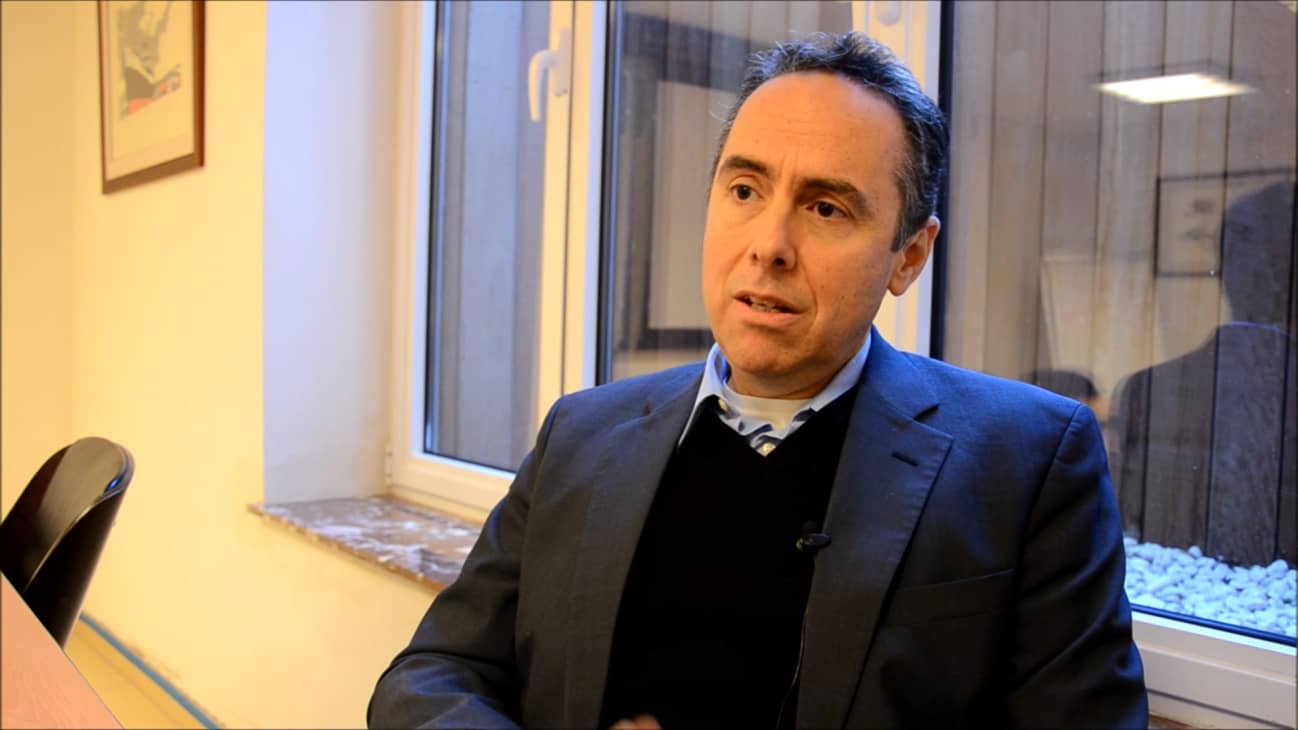
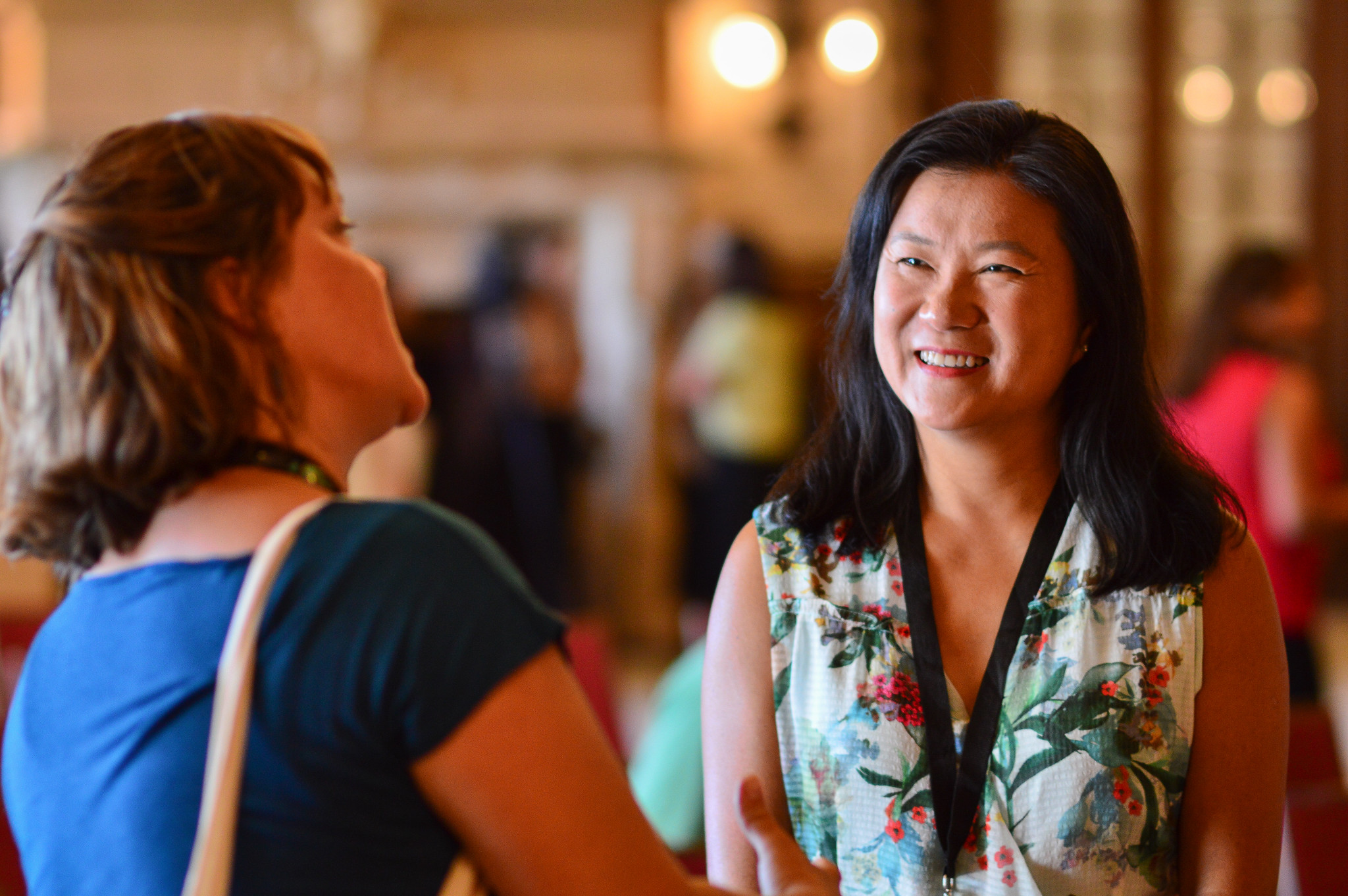
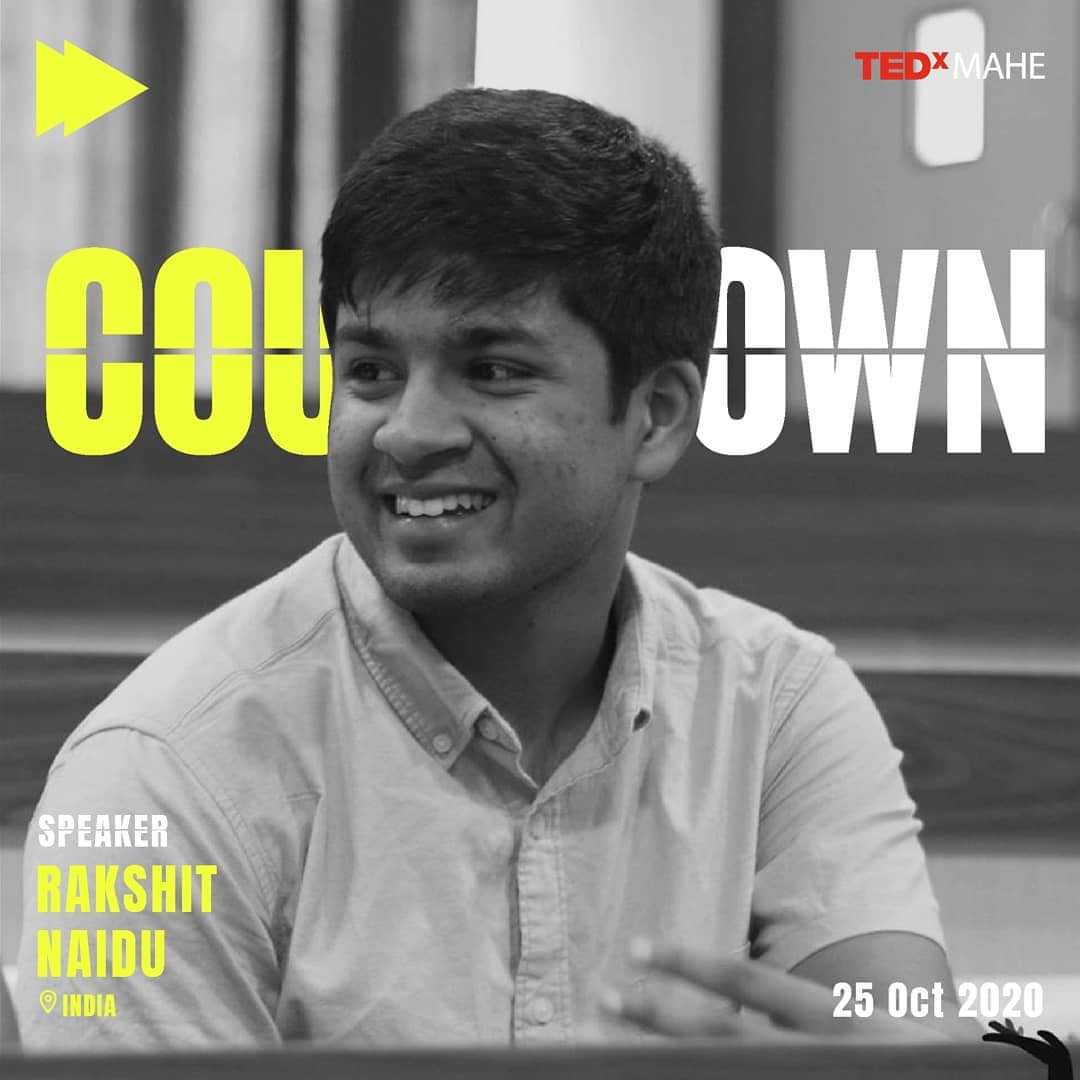
Leave a Reply
You must be logged in to post a comment.